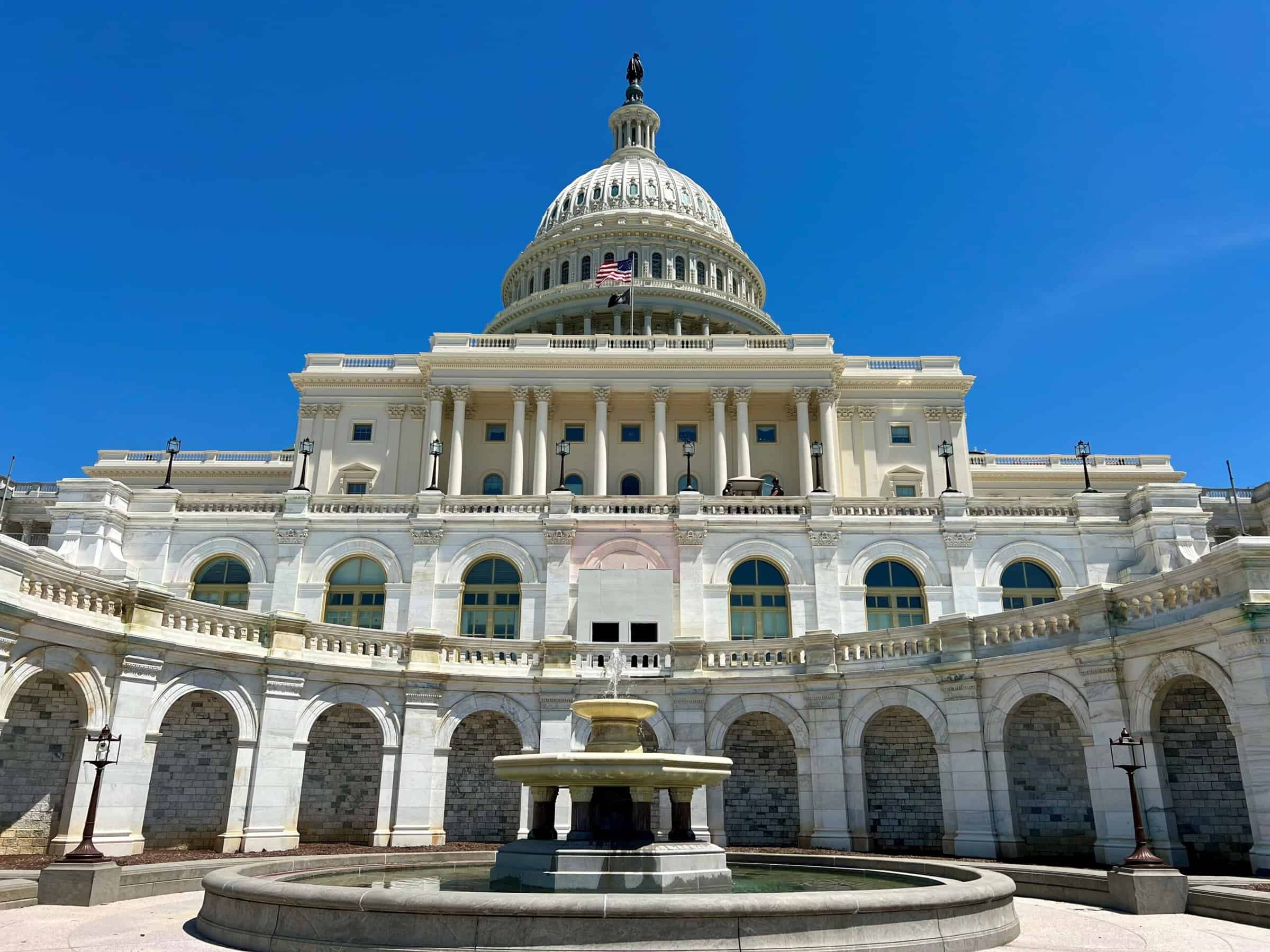
Government Funding Deadline Passes Without a Deal
Since returning from the August recess, the big thing on lawmakers’ minds has been the potential for a government shutdown. They had been operating on a Continuing Resolution (CR) set to expire at midnight on September 30th. That deadline has now passed, and we’ve entered a government shutdown.
The House and Senate must each pass a bill to fund the government, and the House has done that, recently passing a bill 217-212. This bill has gone to the Senate, where it is stalled. The issue being that the Senate requires 60 votes to pass a bill like this. Currently, Republicans only have 53 votes. So there must be some compromise if legislators want to avoid a shutdown. It seemed like there was a path to compromise, with the President set to meet with Democratic leadership; however, that meeting was canceled. Another meeting was rescheduled, but no significant progress was made.
The current holdup is that Democrats want health-care concessions as part of any government funding deal. For now, the President and Republicans have no intention of striking a deal, with the President calling Democrats “sick” on “Fox and Friends” last week and telling Republicans to not “even bother dealing with them.”
When a lapse in funding occurs, the law requires agencies to cease activity and furlough their “non-excepted” employees. Excepted employees include those who perform work to protect life and property. They stay on the job but don’t get paid until after the shutdown has ended. An important note, though, is that the White House budget office indicated that mass firings could be on the table in the event of a government shutdown, instead of a simple furlough.
FAIR BET Act vs. WAGER Act
Recently, Rep. Dina Titus’s (D-NV) Fair Accounting for Income Realized from Betting Earnings Taxation (FAIR BET) Act, which would restore the gambling losses tax deduction to 100%, got shot down as an amendment to a defense bill. The gambling losses tax deduction currently stands at 90% after being changed in the One Big Beautiful Bill Act. While the FAIR BET Act had gained support on both sides of the aisle, Rep. Titus’s bill has languished in the Ways and Means Committee, most likely because of the current Republican trifecta in the House, Senate, and the Presidency.
Rep. Titus tried to force the issue by introducing the FAIR BET Act as an amendment to the 2026 National Defense Authorization Act (NDAA), which is a bill that must be authorized by Congress each year. It ended up not gaining enough votes. However, that wasn’t the only bill introduced in the House that sought to remedy this issue.
On the flip side, Rep. Andy Barr (R-KY) introduced the Winnings and Gains Expense Restoration (WAGER) Act, which has since been moved to the House Ways and Means Committee, in hopes of restoring the deduction. In effect, the FAIR BET Act and the WAGER Act do the same thing – restore the deduction to 100%, but Barr’s bill is seen as having a better chance to pass, because of the support in Congress Republicans currently enjoy.
We will keep you updated as the bill moves through Congress.
USCIS Reaches H-2B Cap for First Half of Fiscal Year 2026
U.S. Citizenship and Immigration Services has received enough petitions to meet the congressionally established H-2B cap for the first half of fiscal year 2026. Sept. 12 was the final date for new cap-subject H-2B worker petitions requesting an employment start date before April 1, 2026. Now those petitioning for H-2B Visas must wait for the supplemental visas to be announced.
The Department of Homeland Security (DHS) and the Department of Labor (DOL) are authorized to provide H-2B cap relief, though the amount of supplemental visas hasn’t been announced yet.
Each year in President Trump’s first term, he released supplemental visas, and each subsequent year, President Trump’s Administration released more visas and/or made the announcement at an earlier date, which provides access to these H-2B visas when they are needed and provides greater certainty.


